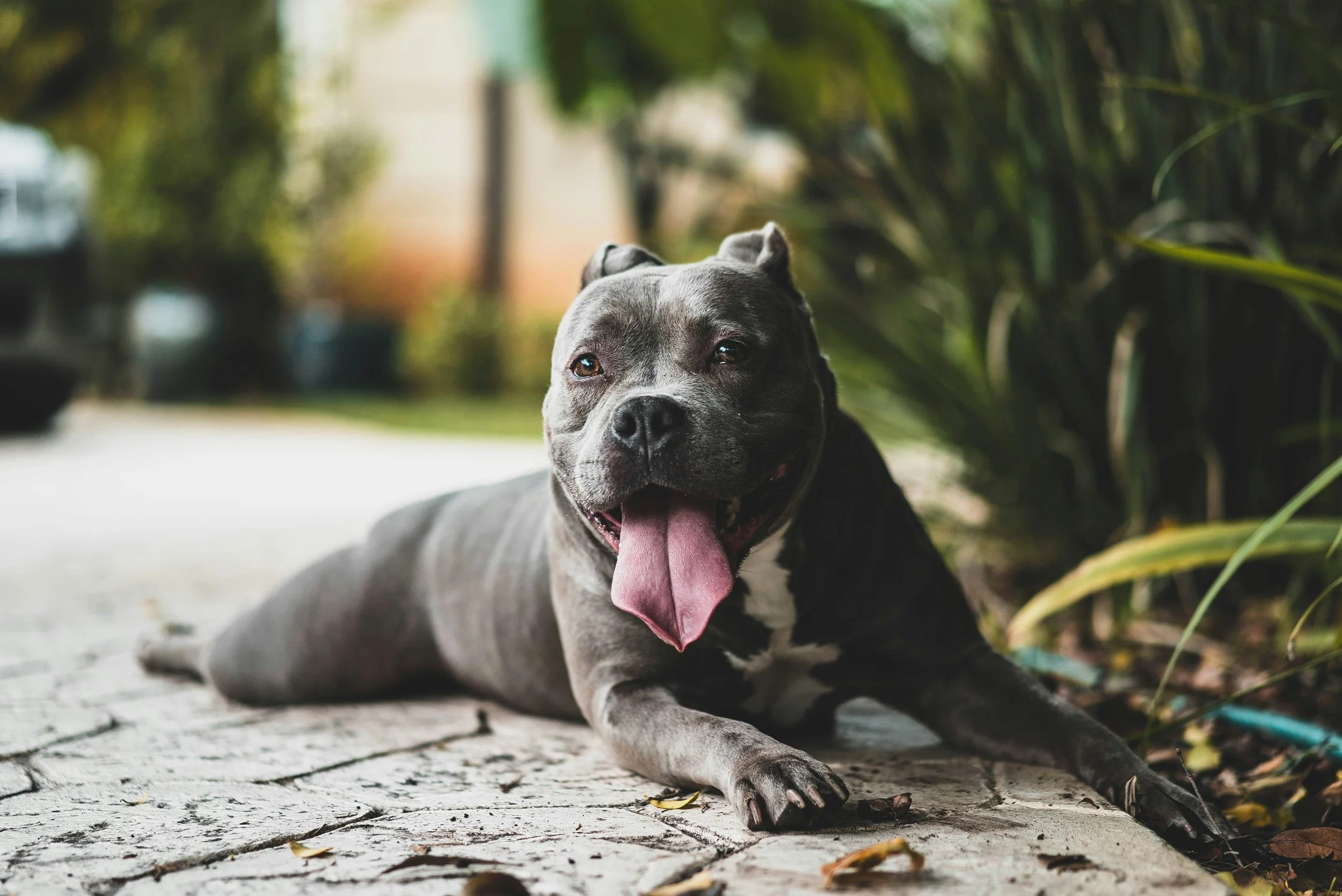What’s Your Dog’s Name—And What Do You Actually Call Them?
The Psychology of Pet Nicknames and Verbal Bonding
Your dog’s official name might be Luna, Max, or Mochi.
But if you’re like most dog parents, you probably have a whole library of nicknames you use instead.
Think:
"Sir Sniffsalot"
"Mr. Wiggles"
"Cheese Monster"
"Boop Machine 3000"
These affectionate titles may seem silly on the surface—but they’re actually a deeply human behavior that plays an important role in attachment, communication, and emotional bonding.
🧠 The Science of Nicknaming (Yes, It’s a Thing)
In psychology, assigning multiple names or nicknames to someone (or something) is associated with increased social closeness and emotional intimacy.
According to Dr. Frank McAndrew, a psychologist at Knox College who studies social behavior, nicknames help us personalize relationships and reflect the emotional tone we associate with the other party.
It’s a trait typically reserved for close relationships — romantic partners, best friends, children… and yes, pets.
By using affectionate, creative names for your dog, you're reinforcing:
Emotional connection
Positive reinforcement through vocal tone
Your dog’s role as a fully recognized member of your family unit
🐶 Do Dogs Know Their Nicknames?
While dogs may not understand the meaning of "Fluffzilla," they do become conditioned to recognize frequently used vocal sounds that are paired with positive attention or interaction.
This happens through a psychological process called classical conditioning:
You say “Boop-Boop” in a playful voice
Your dog receives pets, eye contact, or a treat
The nickname becomes associated with love, attention, and reward
Eventually, your dog starts responding to tone + pattern more than the word itself — and yes, they learn their nicknames by sound and feeling.
🎤 The Importance of Verbal Identity
Just like humans, dogs thrive when they feel recognized and consistent in their environment. Using names and nicknames with intention can help create:
Predictability and emotional safety
A shared language between you and your dog
An enriched sense of inclusion in your daily life
And because dogs are experts at reading human tone and body language, the way you say their name (or nickname) carries more weight than the actual words.
📋 Want to improve communication with your dog?
Stick to a handful of commonly used names
Use a consistent, affectionate tone
Avoid using nicknames in negative or corrective situations
Pair nicknames with routine rituals (meals, walks, snuggles)
🧬 Bonus Insight: Dogs Process Naming Emotionally
Recent fMRI studies show dogs recognize familiar words using the left hemisphere of the brain (language processing), while the right hemisphere reacts to tone and emotion. This dual processing helps explain why they often respond more to the way we say their name than the name itself.
💡 Final Thought
Your dog’s “name” isn’t just a word. It’s a reflection of your relationship.
A nickname is a love letter in shorthand — a personal language only the two of you understand.
So go ahead, call them Noodle Biscuit. Science says it’s totally valid.
